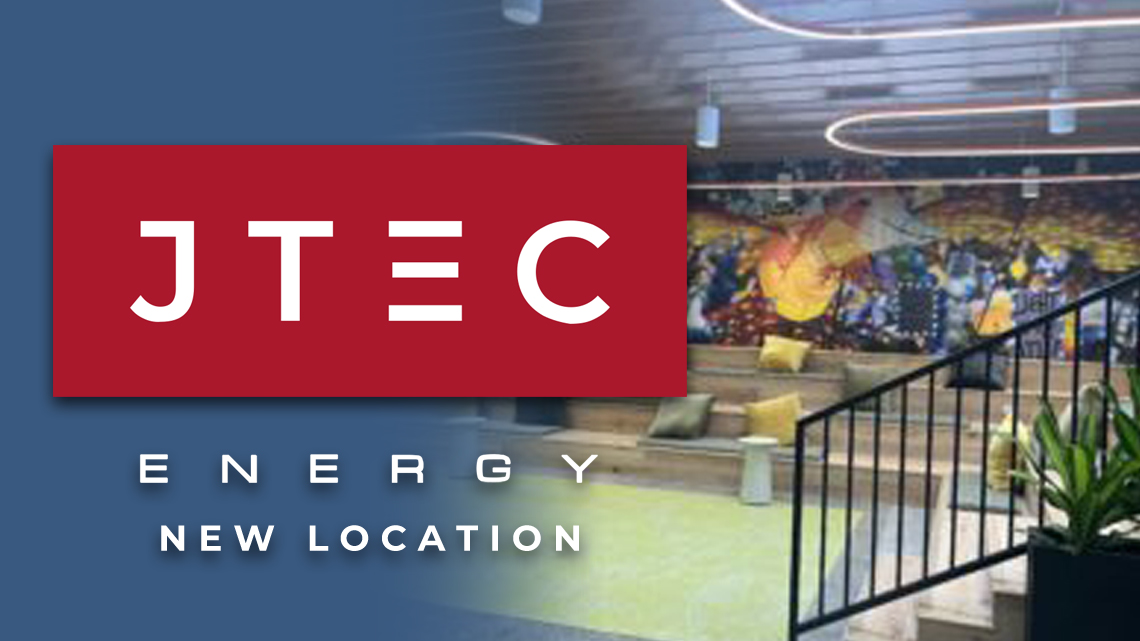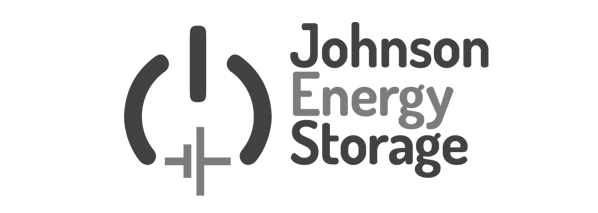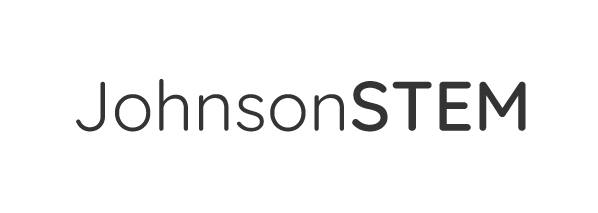Pioneering Spirit: Westside BeltLine Project Lures Energy Startup

About seven years ago, when 23 acres of brick warehouses along the Atlanta BeltLine’s Westside Trail were turned into a new project called Lee + White, it attracted a collection of popular breweries and restaurants.
Now, the next wave of tenants at Lee + White includes the headquarters of an Atlanta startup that’s developing a new source of renewable energy.
JTEC Energy Inc. has moved into its new home at the project in Atlanta’s West End. The roughly 20,000-square-foot space includes its offices, laboratory and machine shop, designed by Atlanta firm ASD|SKY.

The company was drawn to the amenities at Lee + White and the “pioneering spirit” around the Westside Trail, said JTEC Energy CEO Mike McQuary in a phone call Tuesday. In comparison, big-name tech companies and professional services firms have flocked to the BeltLine’s Eastside Trail.
“The potential of this area is tremendous,” McQuary said.
JTEC Energy is located next to another startup, Carbice Corp., the largest maker of nanotube technology in the world. Carbice opened its headquarters at Lee + White in 2022.
“We want dynamic people, and the environment is dynamic around us,” McQuary said. “I think you’re going to see more and more people consider coming over here … Already, we’ve had other companies come over and tour our facility so they can see the potential.”
Lonnie Johnson, former NASA engineer and inventor of the Super Soaker children’s toy, founded JTEC Energy in 2020. The company has developed a device that uses waste heat to drive a hydrogen engine, producing electricity. One application is to use heat that’s created in industrial processes.
“If you’ve got a factory that’s making widgets, the factory machinery is probably putting off heat,” McQuary said. “What we want to be able to do is capture that heat, so you can generate your own electricity and therefore draw less electricity off of the utility company.”
The device produces no emissions and could have the potential to produce more renewable energy than solar and wind combined, McQuary said.
The “moon shot,” as McQuary described it, would be to use the devices to harness geothermal energy found deep inside empty oil well bores, which the company believes could create enough electricity to power the U.S.
Last year, JTEC Energy raised $30 million to scale its operations. The company currently has 25 employees but is looking to quickly hire more, McQuary said.
“Now, we’re working on building bigger devices that will generate more electricity and building a staff that can help us reach that scalability,” he said.








